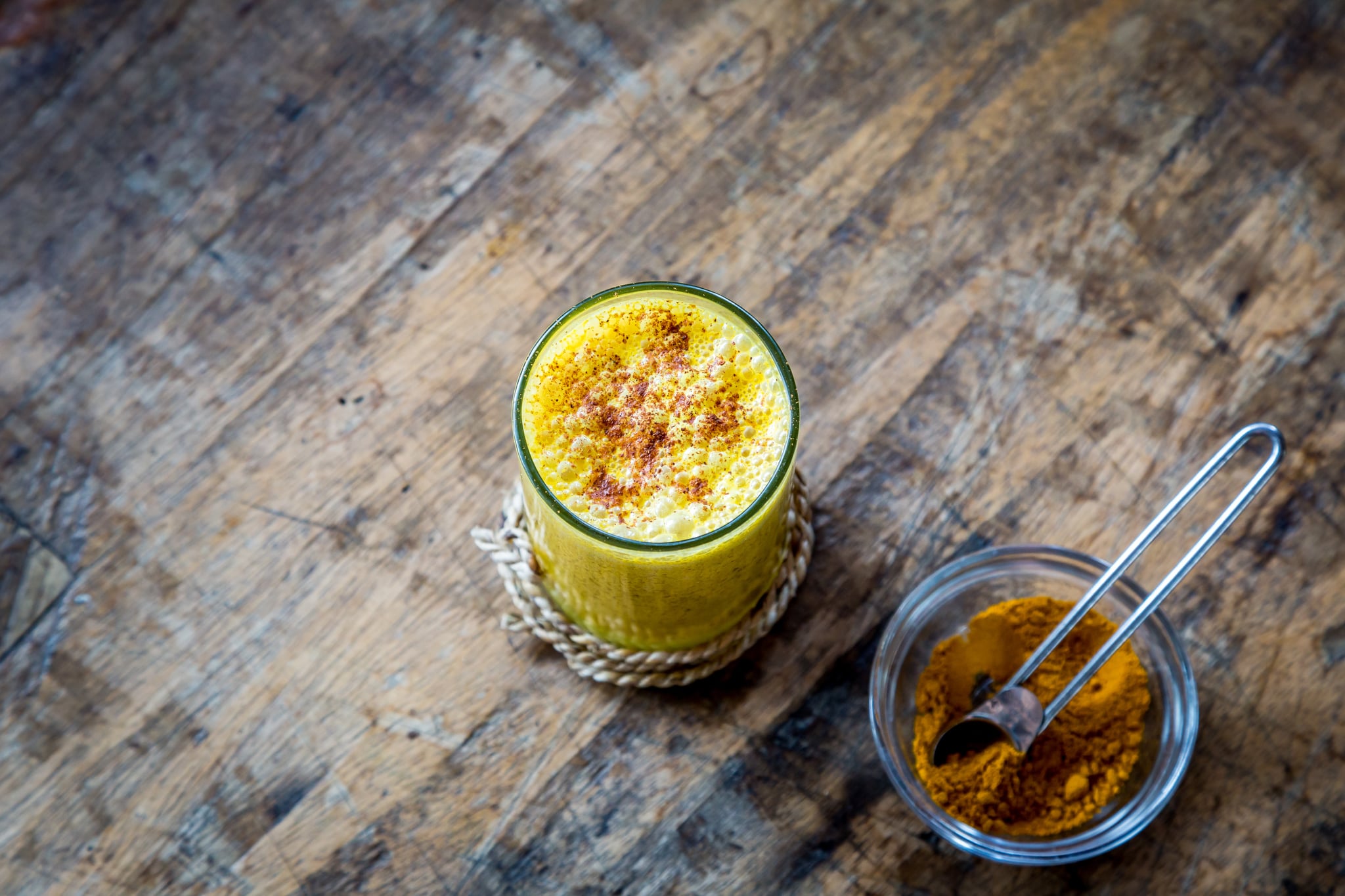
You're probably well-acquainted with turmeric. It's often used in Indian cooking [1] and has a slew of health benefits [2] from weight-loss support to improved digestion. However, you might not be as familiar with curcumin — or maybe you (wrongly) think it's interchangeable with turmeric. Don't worry, we agree that it can get confusing!
So let's make it as simple as possible: curcumin is the most active ingredient in turmeric. It's the chemical compound that naturally occurs in turmeric. Curcumin makes up 2 percent to 6 percent of the turmeric spice found in your cabinet, according to Andrew Weil, MD [3]. In fact, curcumin gives turmeric its distinct yellow color. That color is passed on to curry [4], since turmeric is a main ingredient in that spice.
But curcumin isn't just part of spices; it has powerful health benefits all its own [6], such as being an antioxidant and having antitumor properties. In addition, at least one study has found that curcumin can be effective as a treatment for depression [7]. Even more recently, a 2018 study from UCLA found that curcumin can help improve mood and memory loss [8].
Just like turmeric [9], curcumin also has anti-inflammatory properties, making it a viable way to ease arthritis pain and discomfort. It also can ease muscle soreness [10] after a workout, help you sleep better [11], and combat bloating [12].
If those aren't enough benefits for you, in an animal study, curcumin was shown to prevent fat tissue growth [13]. There's also a parallel between curcumin and the prevention of cardiovascular diseases [14], diabetes management [15], and protection from cancer [16], and it can be used as a therapeutic aid with gastrointestinal issues [17], like ulcerative colitis.
There can be downsides to curcumin depending on the patient, though. While it's safe for consumption, high doses over a long period of time can cause an upset stomach. It can lead to ulcers in extreme cases. Some people may experience headache, nausea, or skin rash. Curcumin supplements shouldn't be taken with certain medications [18], like blood thinners and meds for diabetes. So talk with your doctor before taking them.
If you're not sure where to start with using turmeric, just sprinkle it on the next time you cook up chicken or veggies, or try a cup of golden milk [19]!
